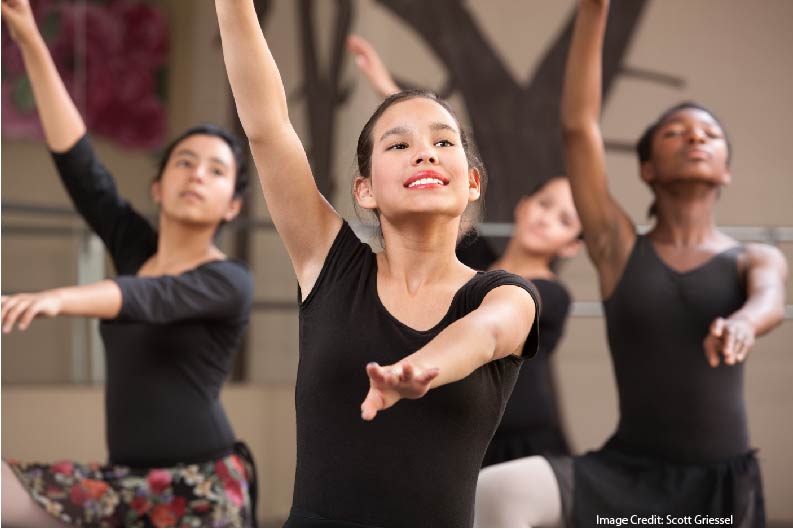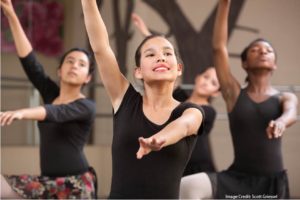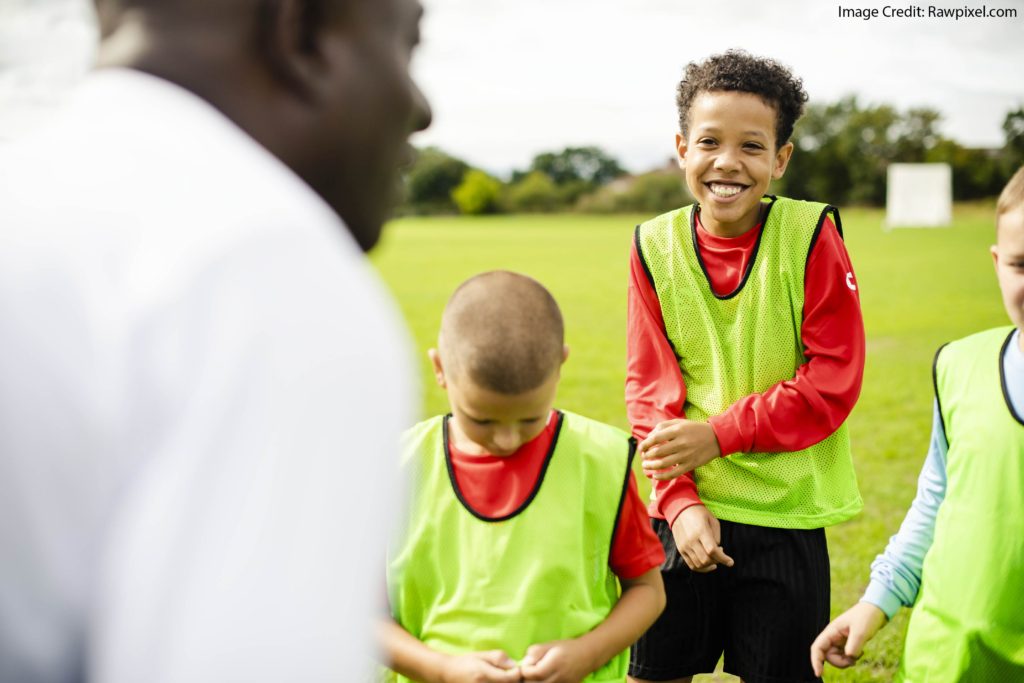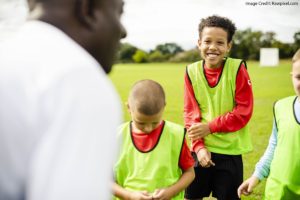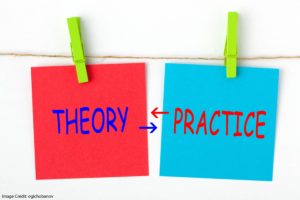Here at Learning and the Brain, we believe that research can improve education.
Specifically, research into psychology (“how the mind works”) and neuroscience (“how the brain works”) can help teachers and schools. After all, we spend all day working with students’ minds and brains!
Every now and then, we should stop and look for flaws in our assumptions.
Are there ways that research might not help learning? Might it actually limit learning?
A recent article by Yong Zhao explores this important — and troubling — question.
The Medical Model
Doctors have long relied on research to test their hypotheses.
Does this treatment work better than that treatment? Let’s run a “randomized control trial” to find out.
Notably, medical research always includes this important question: what side effects* does a treatment produce?
That is:
Any treatment might produce specific benefits.
And, it might also produce specific harms.
Medical research looks for and reports on BOTH.
Sadly — and this is Zhao’s key point — education research tends to skip the second question.
Researchers look for benefits:
Does mindfulness reduce stress?
Can retrieval practice enhance learning?
Should students exercise mid-class?
When they measure the potential upsides of those “treatments,” they don’t always look equally scrupulously for downsides.
And yet: almost everything has downsides.
What to Measure, and When?
Why do we overlook the downsides?
Zhao offers two hypotheses.
First, we all agree that education is good.
If doing X helps students learn, then X is good! Its obvious goodness makes potential badness invisible.
Second, downsides take time — and alternative methods — to discover.
An example. I hypothesize a particular method will help students sing better. So, I test my method in a randomized control trial.
Sure enough, students with the new method sang better! My method worked!
However, my new teaching method just might make students hate singing.
To discover this “side effect,” I have to measure different variables. That is:
I need to check how well they sing (one set of measurements),
AND how much they like singing (a different set of measurements).
It’s also possible that the downside takes longer to arise. The improvement (right now) results in less enjoyment of singing (later on). If I don’t keep measuring, I’ll miss this “side effect.”
New Habits
As Zhao argues, our habit of overlooking potential downsides creates real problems.
For instance, Zhao takes the example of Direct Instruction.
Its proponents can show lots of research suggesting its strengths. Its detractors likewise.
How can these contradictory realities exist?
Well, any complex teaching method will have benefits and detriments. If we focus only on one — if we measure only one — we’ll necessarily miss the other.
Instead, Zhao argues, we should develop the rigorous habit of looking for both: the benefits of any teaching strategy, and also its downsides.
This realisic, complex reality will allow us to make better decisions in classroom and schools.
One More Step
Although Zhao doesn’t mention “opportunity costs,” I think they’re an important part of this conceptual re-think.
That is:
Every time I do use a particular teaching strategy, I don’t use the other one.
If I take time for this stress-reducing technique, I don’t have time for that stress-reducing technique.
Even if a strategy has good research behind it, even if it has relatively few “side effects,” I always want to know: have I given up a better strategy to make time for this merely good strategy?
For example, this point often comes up in discussion of Learning Styles Theory.
If you’ve spent any time in this field, you know: Learning Styles Theory simply doesn’t have good research support behind it.
Alas: it has LOTS of popular support, even among teachers.
When I show teachers the comprehensive research reviews contradicting the theory, they occasionally respond this way:
“Okay, but what harm is it doing? It might be true, so why not teach to my students’ learning style?”
For me, the clear answer is opportunity cost.
If we teachers ARE spending time on teaching methods that have no research support, we ARE NOT spending time on those that do.
If students ARE studying on the treadmill because they’re “kinesthetic learners,” they ARE NOT using study strategies with research support behind them.
Measuring opportunity cost requires subtle and humble calculations. We just might have to give up a long-prized approach to make time for an even better one.
If our students learn more, that sacrifice will have been worth it.
TL;DR
Like medical researchers, we should look both for benefits and for potential harms of any teaching suggestion.
This balanced perspective might take additional time, and might require consideration of opportunity costs.
It will, however, result in a more realistic and useful understanding of teaching and learning.
* Many years ago, I read that the phrase “side effects” is misleading. It makes unwanted effects seem unlikely, even though they’re just as likely as the wanted effects.
For that reason, I’m putting the words “side effects” in quotations throughout this post.
I believe it was Oliver Sacks who made this point, but I can’t find the citation so I’m not sure.
If you know the correct source of this insight, please let me know!
Zhao, Y. (2017). What works may hurt: Side effects in education. Journal of Educational Change, 18(1), 1-19.




![Parachutes Don’t Help (Important Asterisk) [Repost]](https://www.learningandthebrain.com/blog/wp-content/uploads/2020/11/AdobeStock_74316932.jpg)



